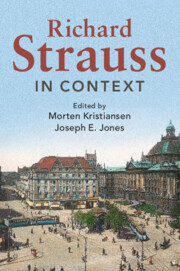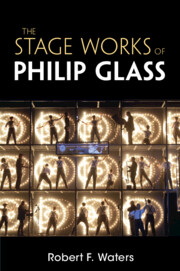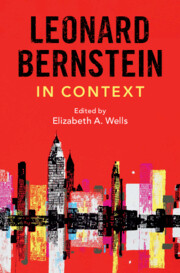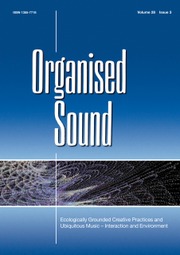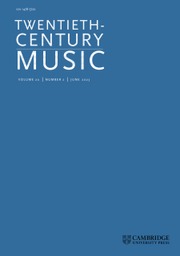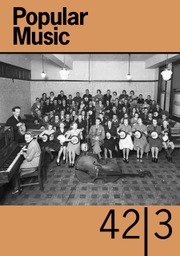The Cambridge Companion to Richard Strauss
Richard Strauss is a composer much loved among audiences throughout the world, both in the opera house and the concert hall. Despite this popularity, Strauss was for many years ignored by scholars, who considered his commercial success and his continued reliance on the tonal system to be liabilities. However, the past two decades have seen a resurgence of scholarly interest in the composer. This Companion surveys the results, focusing on the principal genres, the social and historical context, and topics perennially controversial over the last century. Chapters cover Strauss's immense operatic output, the electrifying modernism of his tone poems, and his ever-popular Lieder. Controversial topics are explored, including Strauss's relationship to the Third Reich and the sexual dimension of his works. Reintroducing the composer and his music in light of recent research, the volume shows Strauss's artistic personality to be richer and much more complicated than has been previously acknowledged.
- Refutes the outdated caricature of Strauss as a nineteenth-century composer living in the twentieth century, revealing him to have been centrally involved in early twentieth-century modernism
- Reconsiders Strauss's works systematically by genre in the light of new conceptions of his aesthetic goals
- Presents evidence of a major change in the composer's reception, giving the reader a new perspective on the well-known works
Reviews & endorsements
"The contributions are both up to date in their scholarship and eminently readable, while the copious notes to each chapter provide invaluable links to further research."
--Music and Letters
Product details
December 2010Hardback
9780521899307
370 pages
251 × 179 × 21 mm
0.87kg
3 b/w illus. 2 tables 70 music examples
Available
Table of Contents
- Chronology of Strauss's life and career Charles Youmans
- Part I. Background:
- 1. The musical world of Strauss's youth James Deaville
- 2. Strauss's compositional process Walter Werbeck
- 3. Maturity and indecision in the early works Wayne Heisler
- Part II. Works:
- 4. The first cycle of tone poems David Larkin
- 5. The second cycle of tone poems James Hepokoski
- 6. Strauss's road to operatic success: Guntram, Feuersnot, and Salome Morten Kristiansen
- 7. The Strauss-Hofmannsthal operas Bryan Gilliam
- 8. Opera after Hofmannsthal Philip Graydon
- 9. 'Actually, I like my songs best': Strauss's Lieder Susan Youens
- 10. Last works Jürgen May
- Part III. Perspectives:
- 11. Strauss's place in the twentieth century Alex Ross
- 12. Musical quotation and allusion in the works of Richard Strauss Günter Brosche
- 13. Strauss in the Third Reich Michael Walter
- 14. Strauss and the business of music Scott Warfield
- 15. Kapellmeister Strauss Raymond Holden
- 16. Strauss and the sexual body: the erotics of humor, philosophy, and ego-assertion Bryan Gilliam
- 17. Strauss and the nature of music Charles Youmans
- Bibliography.


